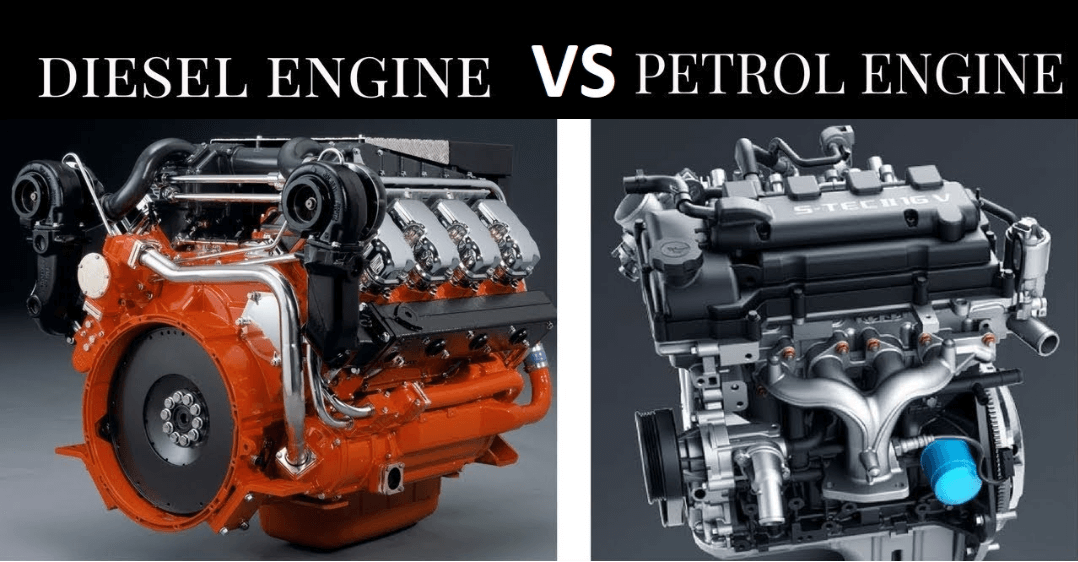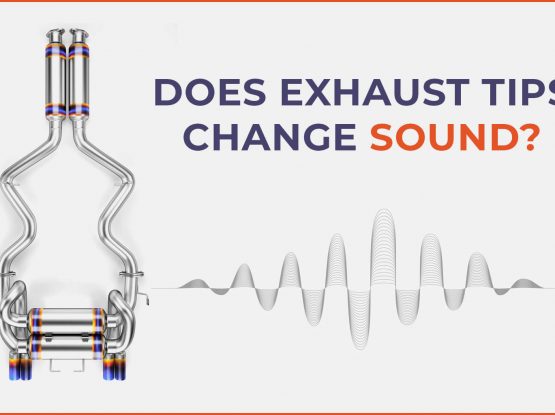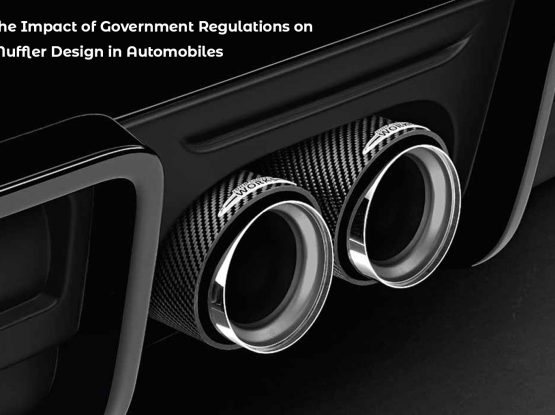The petrol versus diesel debate is all about emissions now. Performance differences still come up, as does the cold weather waxing that once troubled diesel fuels. Mostly, though, the combustible side of things has equalised. Meanwhile, back at that emissions tug-o-war, we still need to pick out a clear winner. Proceeding onwards with a comparison of carbon emissions, which fuel carries the day?
Coming To Terms with Four Strokes Differences
The two internal combustion engine types obviously take different approaches when they’re producing drive energy. Beyond a doubt, the familiar 4-stroke cycle is hard at work. Both engine types are taking in fuel, compressing that fuel, igniting it, and finally kicking out the exhaust. However, that’s where the similarities stop. Petrol engines use a spark to generate combustion energy, whereas diesel engines rely on a direct fuel injection system and compression.
Emissions: A Cleanliness Clash
First of all, there’s no real competition going on here, not when several engineering solutions exist to deal with the caustic hot gases. Still, you should be aware of the large quantities of carbon that are natively generated by a diesel engine. Essentially, a substandard exhaust system could turn that engine into a carbon emissions factory. In reality, however, diesel engines do not emit as much CO2 as a petrol equivalent automobile, not if their exhaust systems are properly processing the combustion leftovers.
A Different Perspective
A diesel fuel’s greater energy density provides enough drive momentum to see a vehicle further down the road than a comparable petrol-fueled vehicle. Once reserved for large trucks and other heavy movers, the fuel injection revolution has justifiably put these spark-free engine architectures in countless passenger autos, but what about the carbon emissions question? Well, when the fleets of cars were filled with a limited number of heavy lifters, this was an academic question, but now that high-performance cars use diesel engines, the question has become very real. Fortunately, as covered in the previous paragraph, the carbon emissions generated by diesel combustion sources are about the same if not less than a petrol-fueled vehicle, but only if a superior exhaust system is installed.
Natively, a diesel engine produces large quantities of carbon. There are small quantities of CO (Carbon Monoxide), larger amounts of carbon dioxide, and even solid carbon particulates. Thankfully, there are numerous control systems in place to minimise this issue. Unfortunately, these supplementary systems can go wrong, which is when that diesel engine becomes a threat. In order to avoid this worry, the exhaust system, its sensors, and even the diesel engine’s power management electronics should be maintained by a qualified garage.
Trufit Exhaust
437 Warrigal Road,
Moorabbin, VIC 3189
Australia
Areas serviced: Melbourne
Tel: 03 9555 5688
Trufit Exhaust on Google Maps
Trufit Exhaust on Google Search




